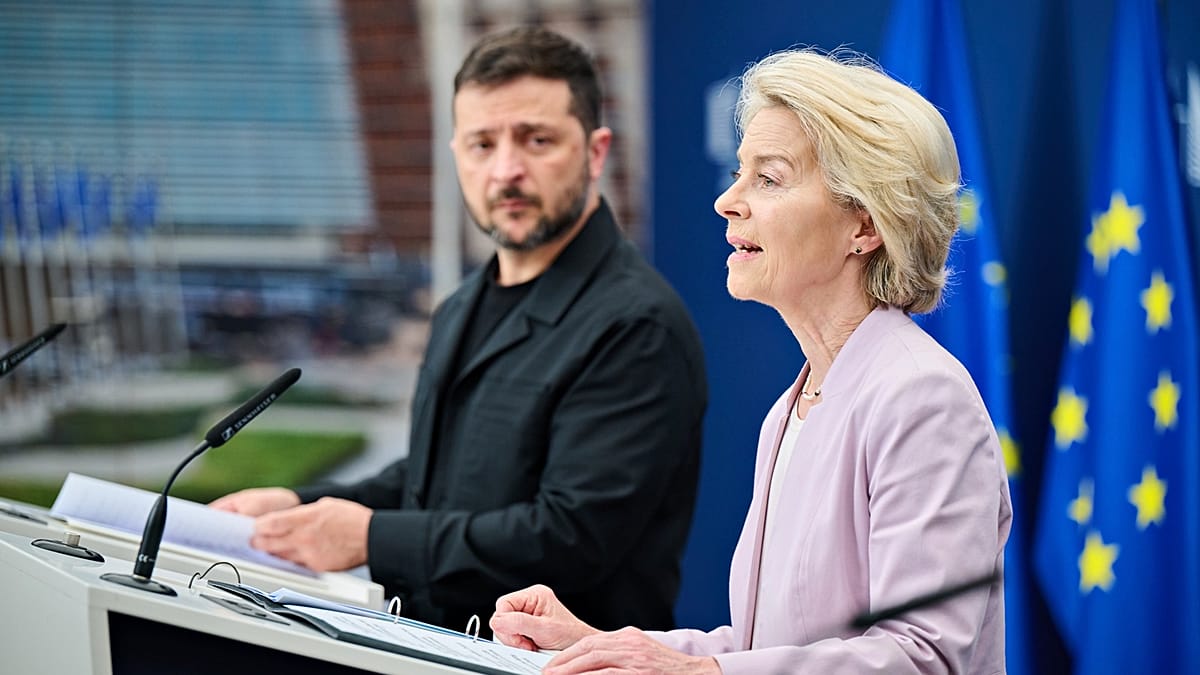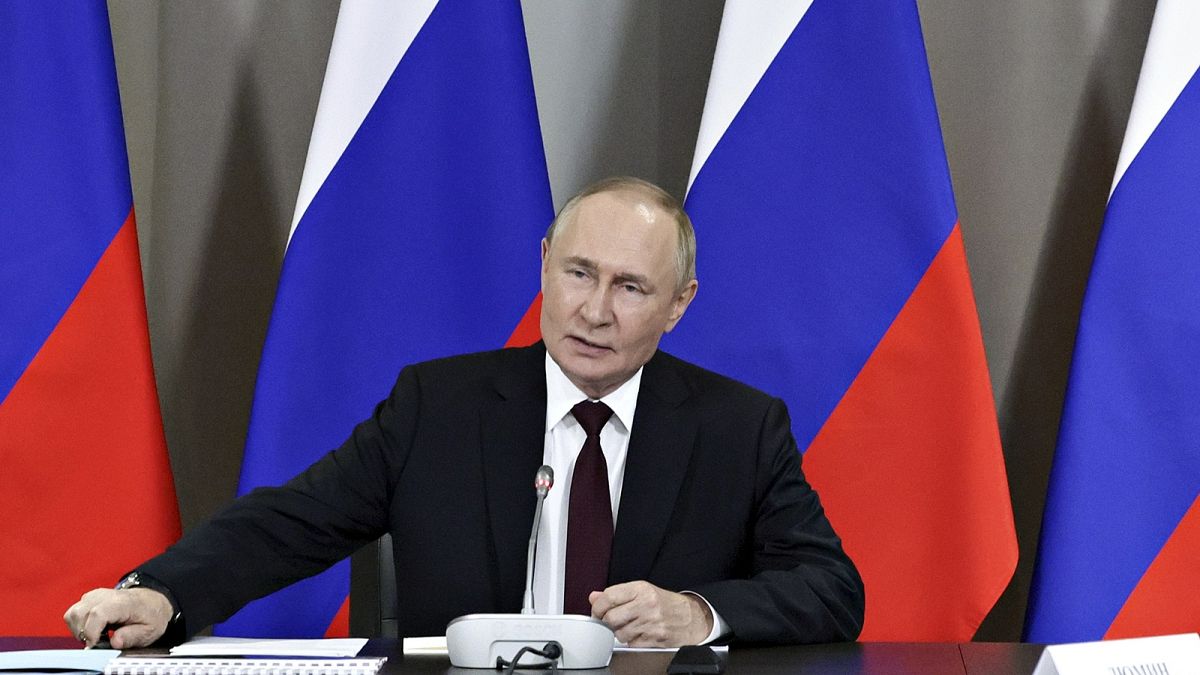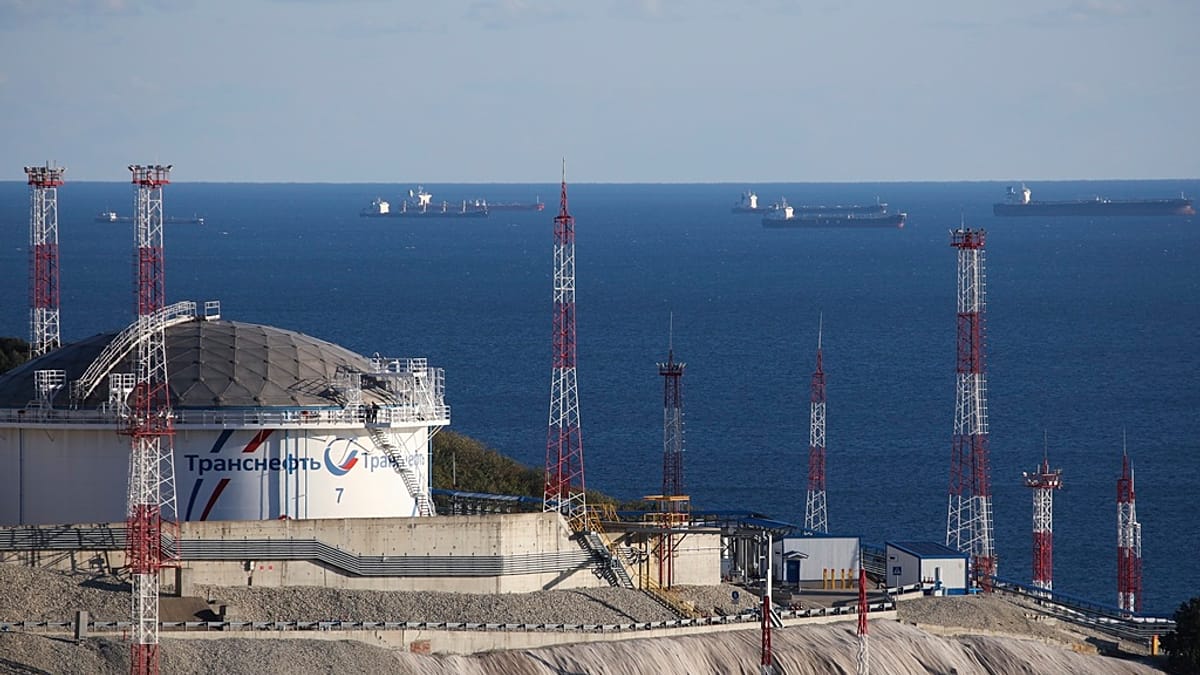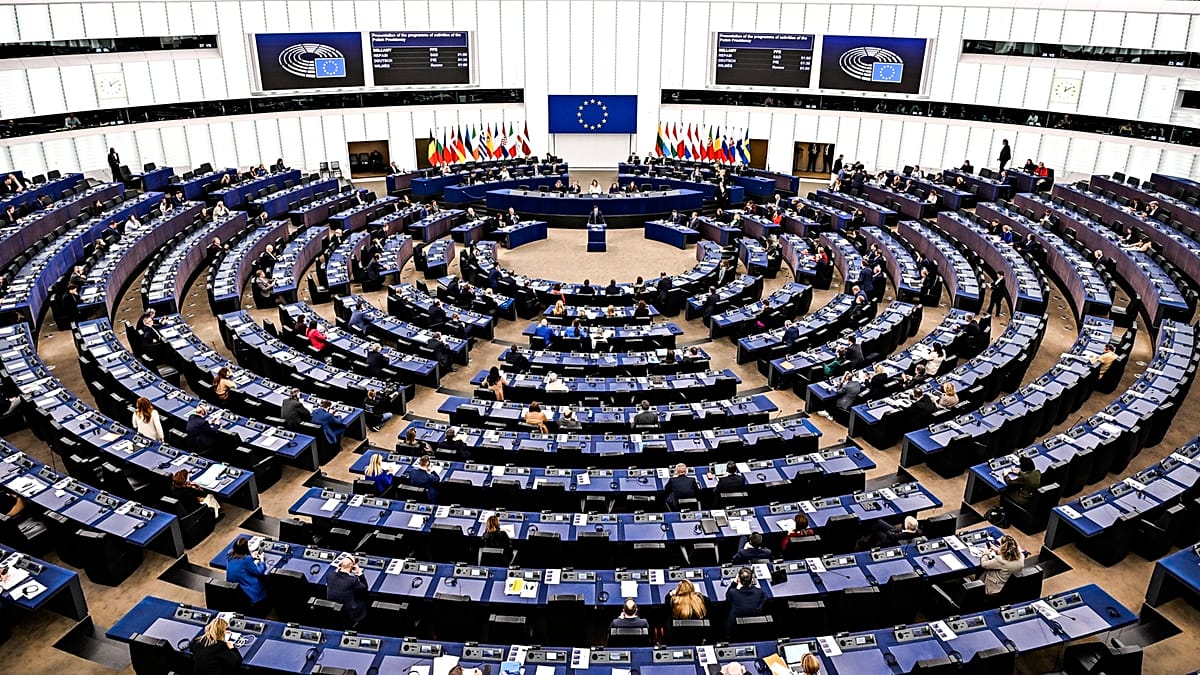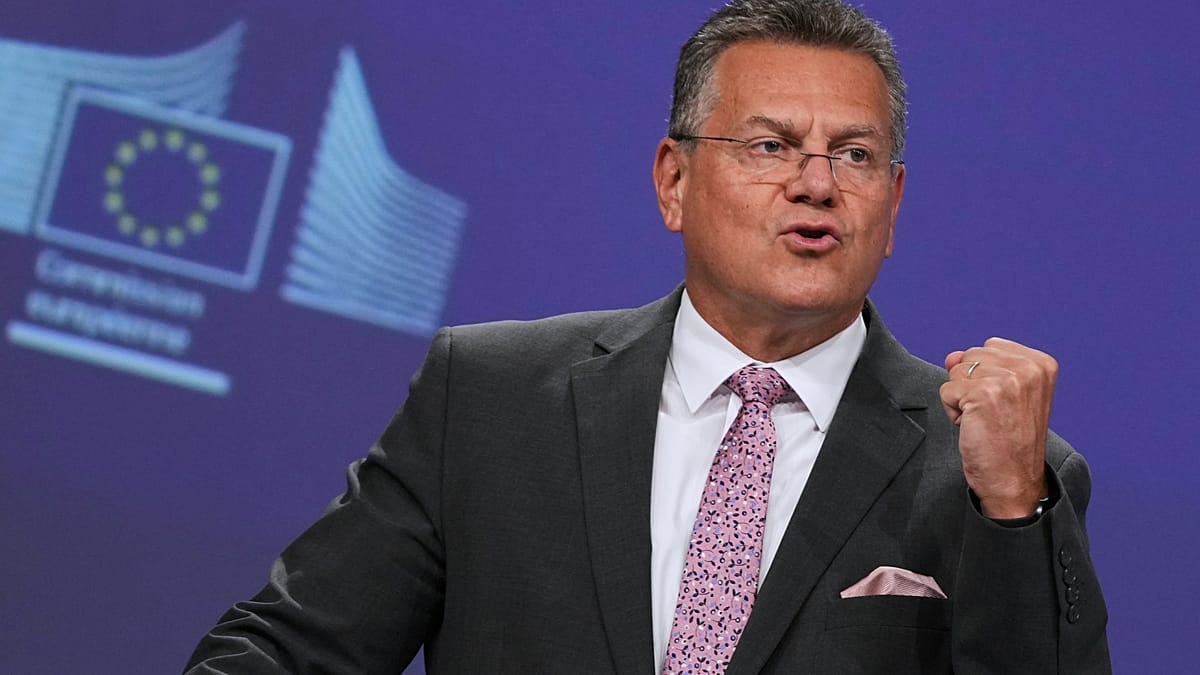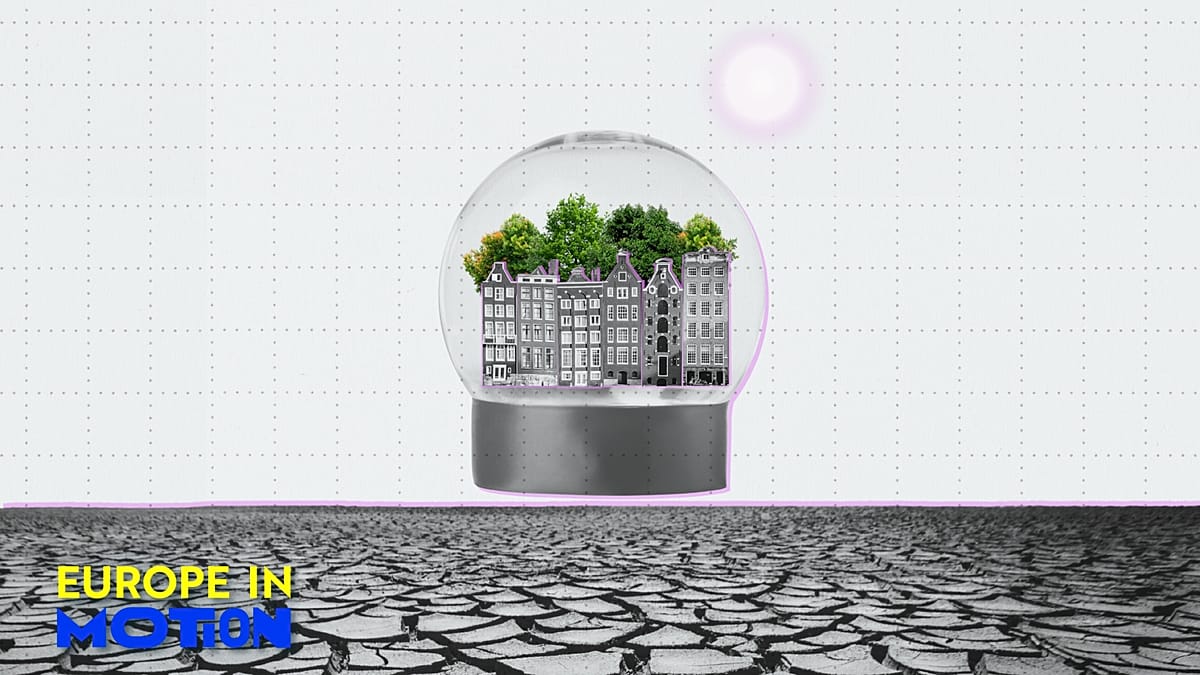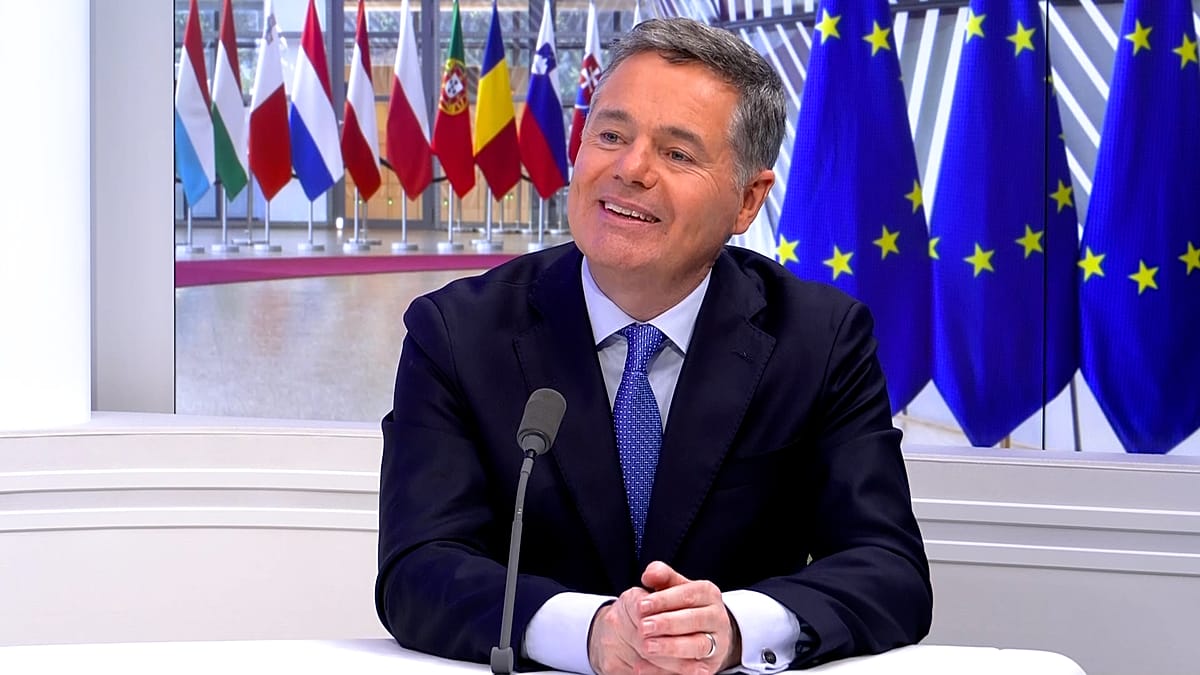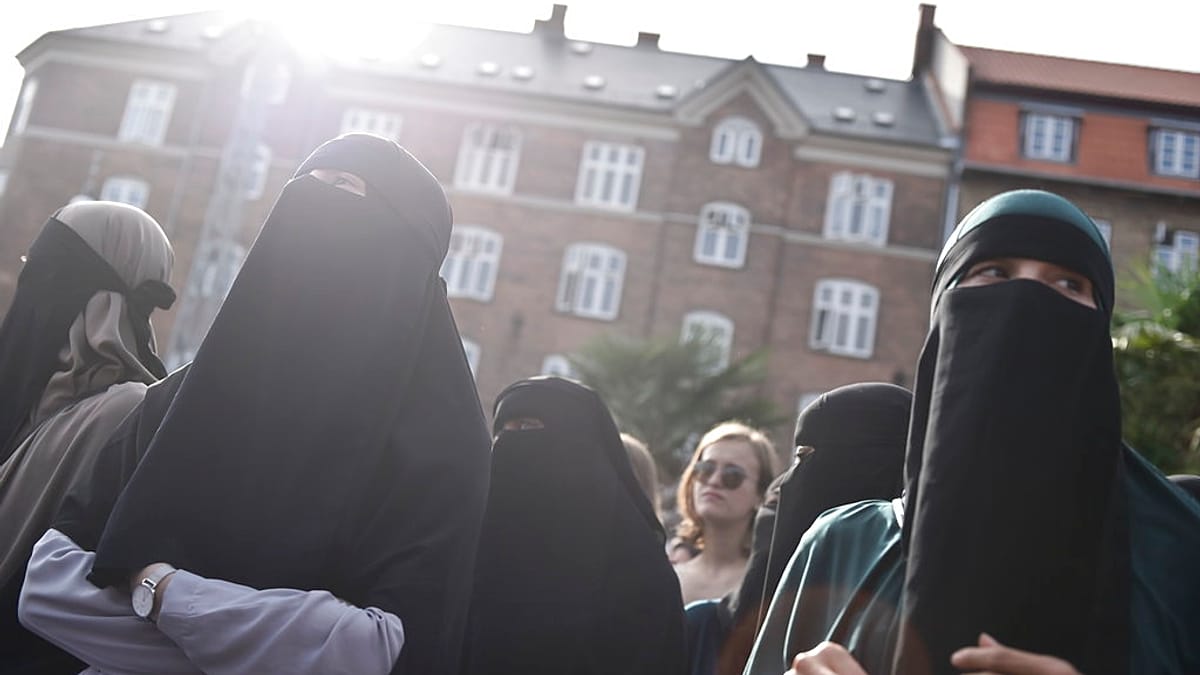Published on
ADVERTISEMENT
The European Commission has unveiled a new round of sanctions to cripple Russia’s ability to wage war on Ukraine and bring Vladimir Putin to the negotiating table.
The proposal, presented on Friday by President Ursula von der Leyen, targets banks, 118 vessels from the “shadow fleet” and, for the first time, the cryptocurrency platforms that Moscow uses to launder transactions in the global financial market.
If approved by member states, it will mark the 19th package of sanctions since February 2022. Discussions among ambassadors are already underway.
“Our economic analysis is clear: our sanctions are severely affecting the Russian economy,” von der Leyen said in a video message.
“Russia’s overheated economy is coming to its limit.”
Most notably, the plan foresees an accelerated phase-out of EU imports of Russian fossil fuels, which last year amounted to an estimated €21.9 billion.
In the spring, Brussels had set forth an ambitious roadmap to eliminate all these purchases by the end of 2027 at the latest.
But in recent weeks, US President Donald Trump has publicly called on Europeans to immediately cut off energy ties with Moscow as a condition for him to impose “major sanctions” on Russia, a crucial step he has so far refused to take.
“The purchase of Russian Oil, by some, has been shocking! It greatly weakens your negotiating position, and bargaining power, over Russia,” Trump said on Saturday in what he called an open letter to “all NATO nations and the world”.
“Anyway, I am ready to ‘go’ when you are. Just say when?”
Days later, Trump doubled down on his message during a state visit to the UK.
“I’m willing to do other things, but not when the people that I’m fighting for are buying oil from Russia,” Trump said.
In response, the Commission has proposed to end all purchases of Russian liquefied natural gas (LNG) one year earlier, by 1 January 2027, and target refineries, oil traders and petrochemical companies that buy Russian oil in breach of Western sanctions.
“Russia’s war economy is sustained by revenues from fossil fuels. We want to cut these revenues,” von der Leyen said.
“It is time to turn off the tap.”
Von der Leyen did not address the legal exemption that allows Hungary and Slovakia to continue purchases of Russian crude through the Druzhba pipeline, however. The carve-out has been in place since mid-2022 and has never been revisited.
Hungary and Slovakia, two vocal critics of sanctions, have positioned themselves as Trump allies, but the new demands from the American president have forced them to acknowledge their dependency on Moscow.


